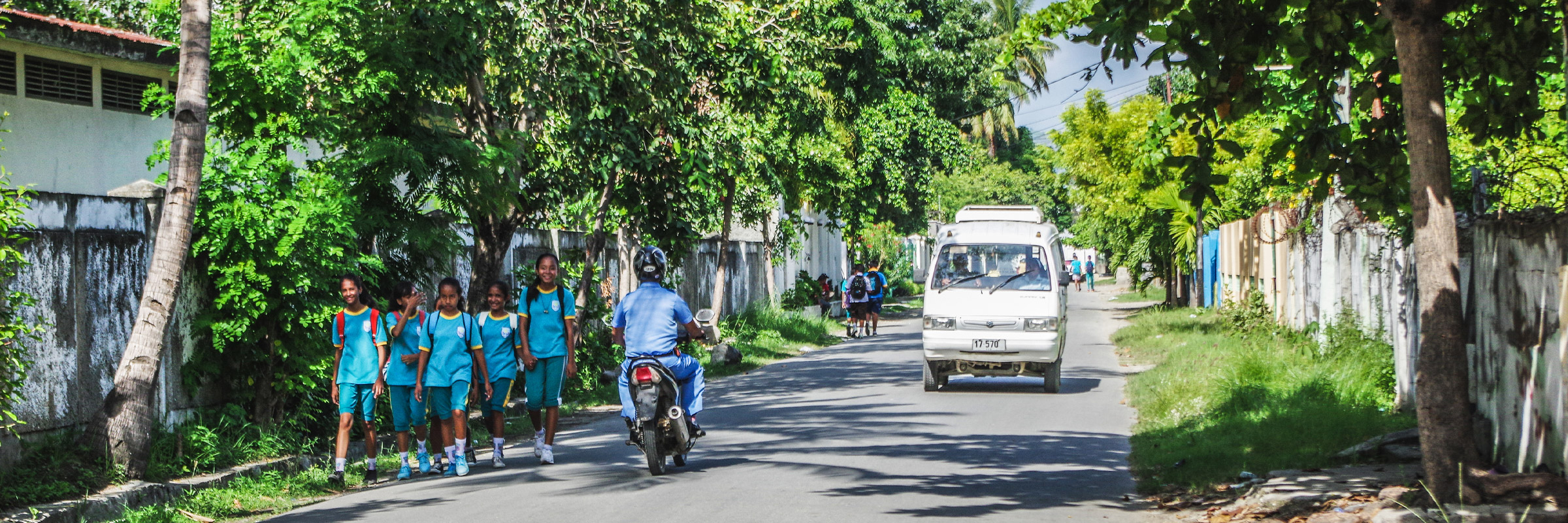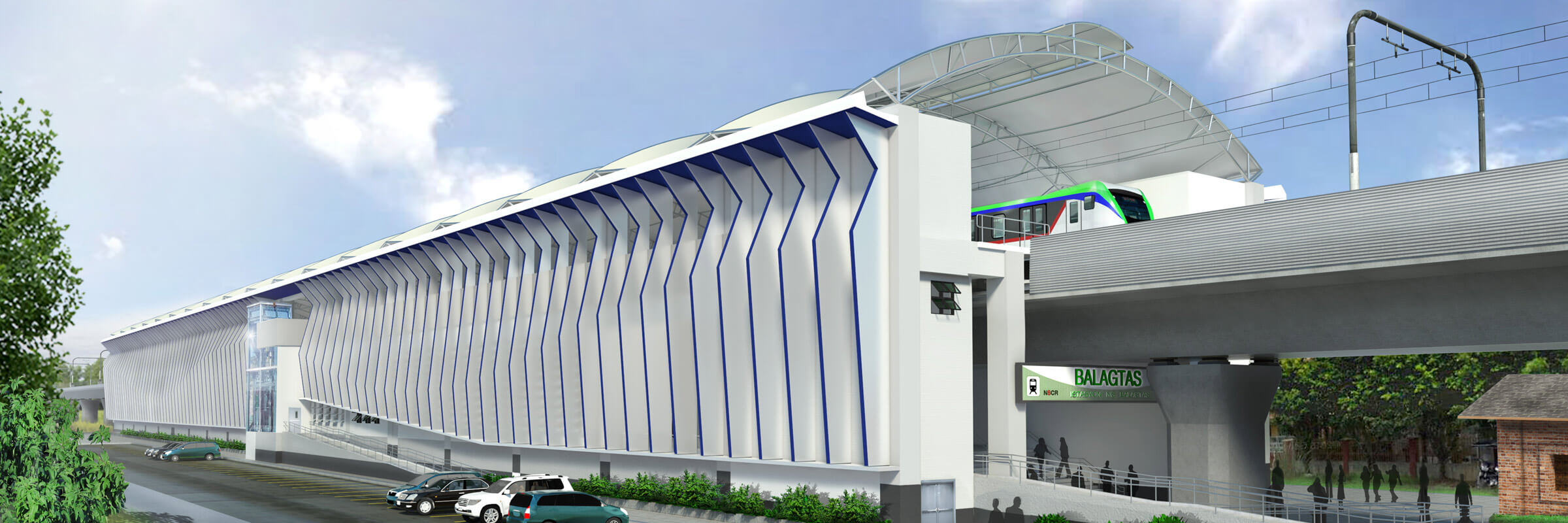

Collaborative approach drives industry best practice
A team of international and local specialists consulted on the project, bringing expertise from transport policy, legislation, road asset management, road maintenance, road design, procurement and contracting. Capacity building and development were also common themes across all disciplines.
The SMEC team prepared a road subsector assessment, a full 20-year road investment and maintenance strategy, a 10-year road maintenance program, and a road asset management plan for development of a RAMS database system.
As Timor-Leste is a small country with many active development partners, it was essential to ensure all stakeholders were on board with and committed to the strategy and programs. The team consulted with various development partners, including the World Bank, Japan International Cooperation Agency, and the Department of Foreign Affairs (Australia), and held two nationwide workshops with ministers and donor agencies. As a result of this collaborative approach, the outcomes were seen as representative of the entire sector.
The final output – a professionally published suite of reports in both English and Tetun, the local language – will be used as a library of reference to guide sustainable management and maintenance of the national road network. The Asian Development Bank (ADB) can also use the reports as an example of industry best-practice for similar application on road management sustainability initiatives in other developing countries.
Supporting economic and environmental sustainability
Since Timor-Leste’s founding in 2000, the war and poverty-stricken nation has relied heavily on offshore oil and gas exports, however, as the economy recovers, other exports and emerging markets are on the rise. These industries need improved access to technology, water, air, and seaports to progress beyond subsistence levels. Roads provide this vital link. An improved road network is a crucial enabling factor for Timor-Leste to move away from being a carbon-reliant economy.
The delivery of this vital project has further solidified SMEC’s track record in the region, adding to its strong reputation for delivering asset management advisory services, particularly for road networks in developing countries.
Adapting to the impacts of COVID-19
Technical works were substantially completed in 2019, but some final activities targeted for early 2020 were delayed, due in large part to the temporary closing of the country’s borders to visitors and air freight. Appropriate restructuring and modifications were put in place to overcome this, recognizing and respecting the COVID-19 mitigation controls put in place by the Timor-Leste government, as closely supported by the ADB.
When in-country measures allowed for freer movement, final training was consequently delivered in distance learning mode over a series of carefully tailored training modules. In early 2021, the project was brought to a successful close, having achieved all original deliverable objectives. These remained fully aligned with ADB’s development goals, particularly those for the transport sector of Timor-Leste.
World Bank, Japan International Cooperation Agency, and the Department of Foreign Affairs (Australia)
Timor-Leste




